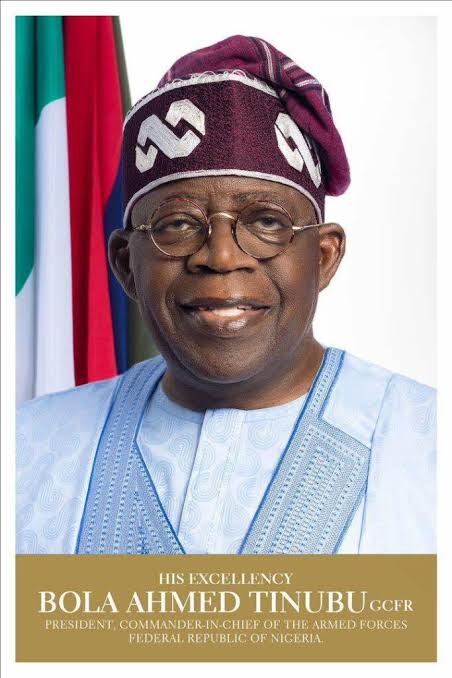It is a mixed grill as Nigerians examine how far President Bola Tinubu has gone in fulfilling his campaign promises to electorates as his administration marks two years in office today.
The President, who took oath of office on May 29, 2023 as Nigeria’s 16th head of state and seventh democratically elected president, made several promises that revolve around economic reforms to tackle poverty; provision of meaningful education and jobs for the youth.
While there is no doubt that the Tinubu-led All Progressives Congress (APC) government has so far implement some bold economic reforms and rejigged the country’s security apparatus to tackle insecurity, citizens are yet to feel the impact of the President’s Renewed Hope Agenda, two years down the line.
Those, who expressed the belief, opined that the timing and manner in which the President initiated and implemented some of his policies had not been very strategic and mass-appealing, culminating in more hardship for Nigerians and severe battery for the economy.
According to them, the standard yardstick to measure the performance of any economy is the wellbeing of the people and not in the sheer size of taxes levied and revenue the government generates.
They further averred that despite rebasing inflation to achieve a significant drop in numbers, prices of essential commodities have not really gone down, while transportation and electricity costs remain troubling. It is also a picture of a mixed bag in the security sector.
The belief is that Nigerians are still grappling with insurgency, banditry, kidnapping and other related crimes as emboldened criminal elements continue to upscale their attacks on citizens.
The states that are worst hit in the renewed killings are Plateau and Benue even as Boko Haram seem to be regrouping in the North-East.
Emergence of new terror groups in the North-West and North Central equally poses a threat to the country’s stability. The worsening security situation is despite huge budgetary allocation to defence.
In the 2025 budget, for instance, President Tinubu allocated N6.11 trillion to combat national insecurity, the highest in the country’s history.
But amid this state of despair, the government’s position is that its reforms are already yielding positive and viable results, which are becoming noticeable to Nigerian people.
President Tinubu, who reiterated this last week, while speaking at the APC national summit held at the State House banquet hall in Abuja, not only defended his administration’s performance, but insisted that the ruling party has not failed Nigerians.
“Two years ago, we embarked on this journey, propelled by a bus of hope and abiding faith in Nigeria. Together, we pledged to confront Nigeria’s challenges head-on by rebuilding trust and fostering prosperity.
“Today, I am proud to affirm that our economic reforms are working. There’s nothing good that comes easily. The subsidy is gone, and it was removed for the good of this country,” he declared.
Among projects being flaunted by the Tinubu administration as its achievementsaxz so far include N2.5 trillion being invested in road infrastructure in 2025, creation of new ministries for Regional Development and Livestock, to accelerate regional economic growth and unlock billions in agricultural opportunities; and the launch of Nigerian Education Loan Fund (NELFund), which had already benefitted over 300,000 Nigerian students in tuition and upkeep support.
















